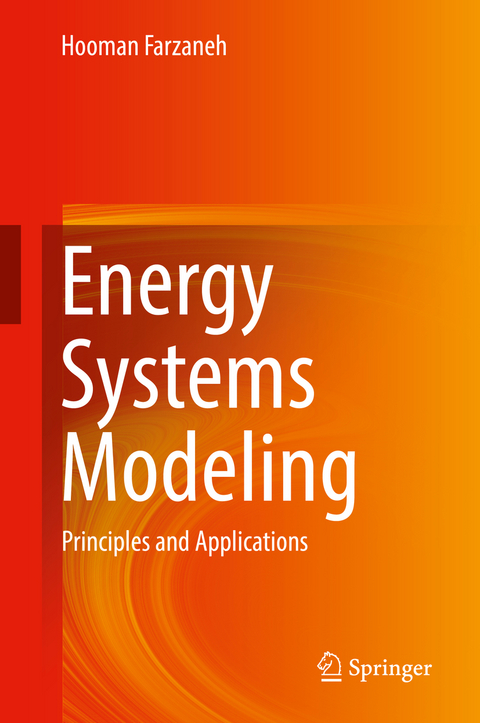
Energy Systems Modeling
Springer Verlag, Singapore
978-981-13-6220-0 (ISBN)
In turn, the book provides valuable insights into the varied applications of different energy models to answer complex questions, including those concerning specific aspects of energy policy measures dealing with issues of supply and demand. Case studies are provided in all of the chapters, offering real-world examples of how existing models fit the classification methods outlined here.
The book’s remaining chapters address a broad range of principles and applications, taking the reader from the basic principles involved, to state-of-the-art energy production and consumption processes, using modeling and validation/illustration in case studies to do so. With its in-depth mathematical foundation, this book serves as a comprehensive collection of work on modeling energy systems and processes, taking inexperienced graduate students from the basics through to a high-level understanding of the modeling processes in question, while also providing professionals and academic researchers in the field of energy planning with an up-to-date reference guide covering the latest works.
Hooman Farzaneh is an associate professor at Kyushu University, Japan. He is particularly interested in issues related to quantitative and qualitative analysis and focusing on policy implementations designed to tackle air pollution problems at both regional and local scales. Prior to joining Kyushu University, Hooman worked at the Institute of Advanced Energy, Kyoto University and the United Nations University. Dr. Farzaneh has more than ten years’ experience teaching energy-science-related subjects at various universities in Iran and Japan, and is currently the principle investigator of a funded research project entitled “Clean Energy Development in Asia-Pacific Cities” at the Kyushu University Platform of Inter/Transdisciplinary Energy Research.
Chapter 1: The systems approach and energy models.- Chapter 2: Analytical approaches in energy modeling.- Chapter 3: Energy demand models.- Chapter 4: Energy supply models.- Chapter 5: Climate change multiple impact assessment models.- Chapter 6: Optimal control of energy systems.- Appendix.
| Erscheinungsdatum | 07.05.2019 |
|---|---|
| Zusatzinfo | 21 Illustrations, color; 106 Illustrations, black and white; XI, 168 p. 127 illus., 21 illus. in color. |
| Verlagsort | Singapore |
| Sprache | englisch |
| Maße | 155 x 235 mm |
| Themenwelt | Naturwissenschaften ► Biologie ► Ökologie / Naturschutz |
| Technik ► Elektrotechnik / Energietechnik | |
| Technik ► Umwelttechnik / Biotechnologie | |
| Schlagworte | Computational modeling • Energy models • energy optimization • simulation methods • system approach |
| ISBN-10 | 981-13-6220-3 / 9811362203 |
| ISBN-13 | 978-981-13-6220-0 / 9789811362200 |
| Zustand | Neuware |
| Haben Sie eine Frage zum Produkt? |
aus dem Bereich


